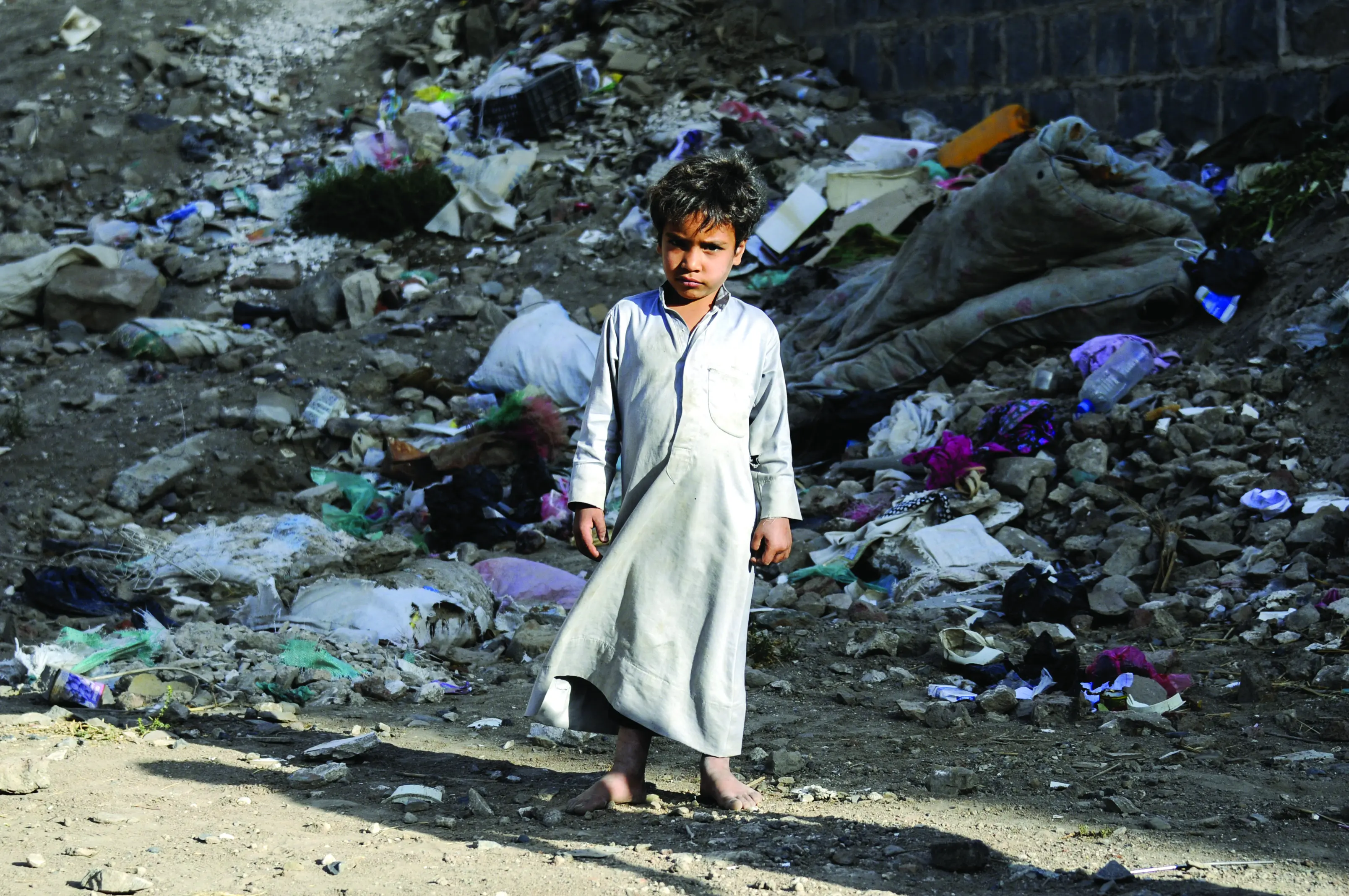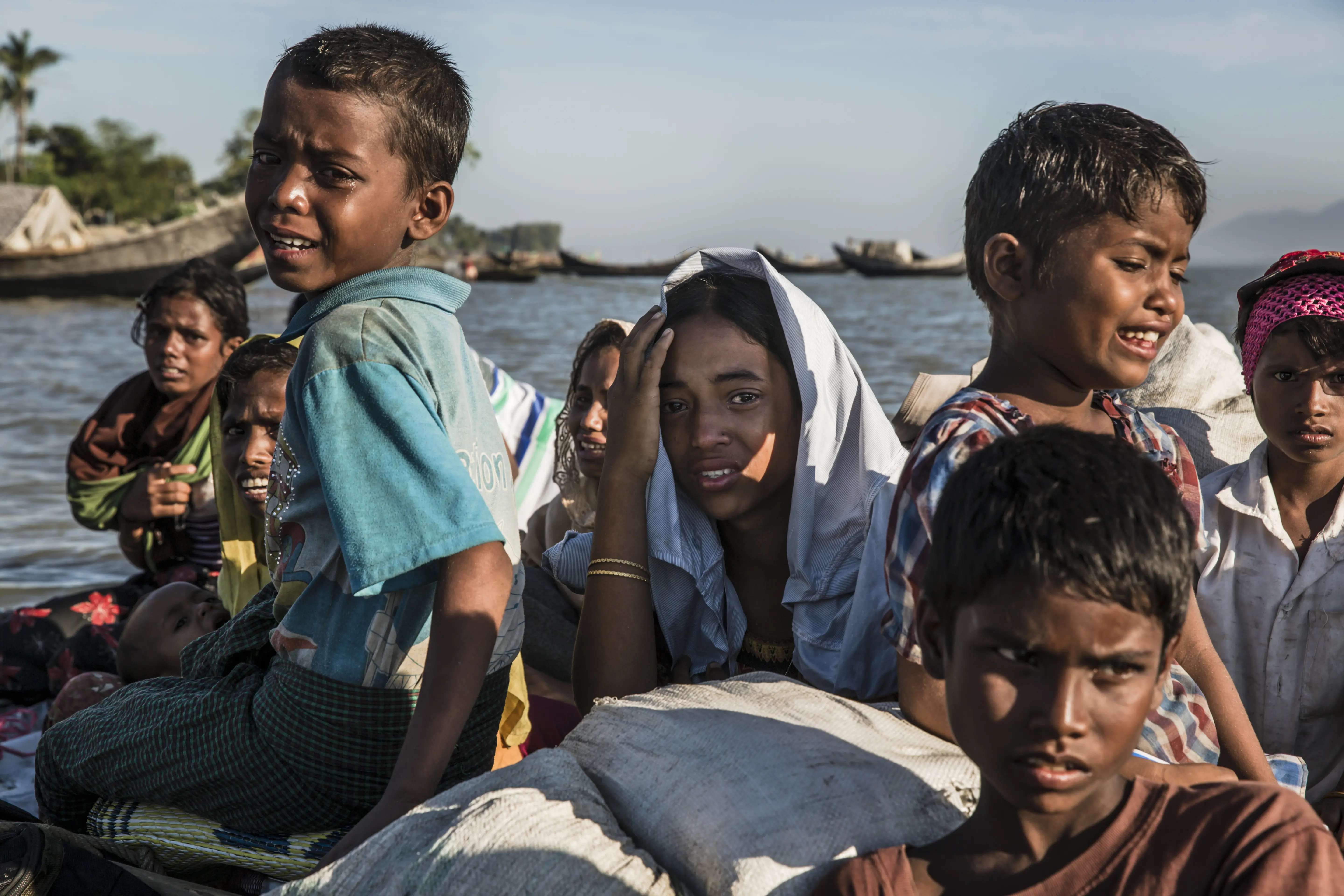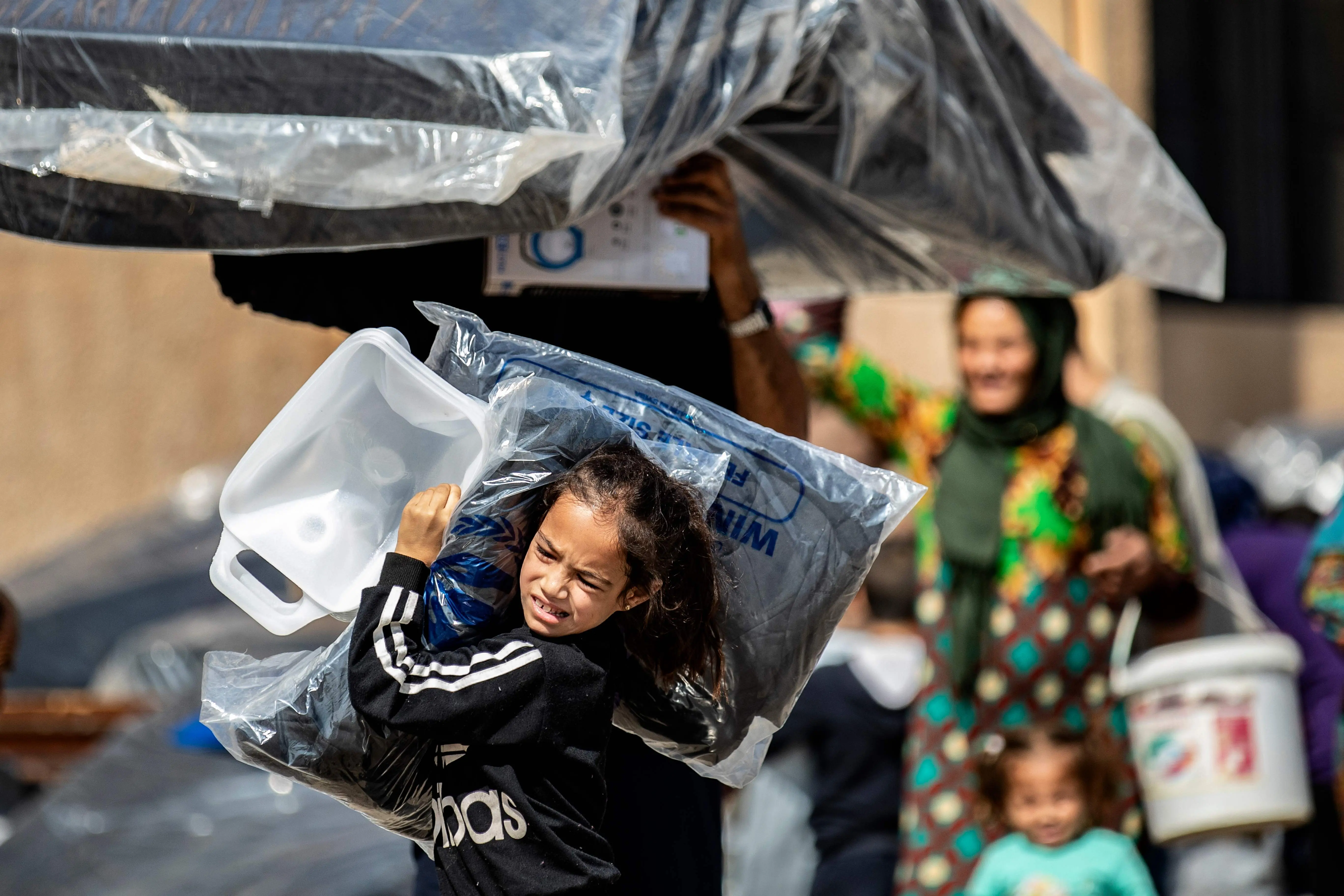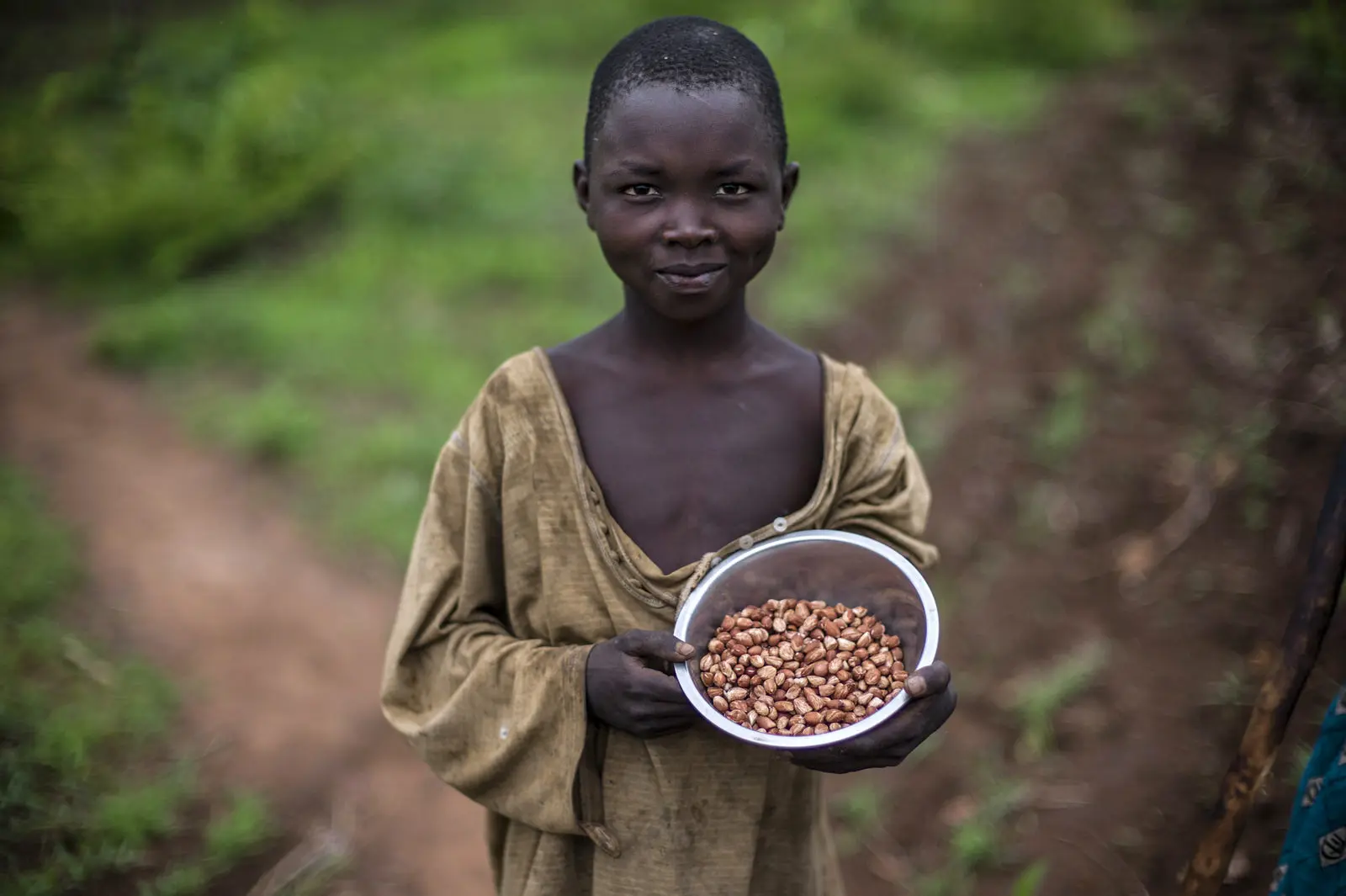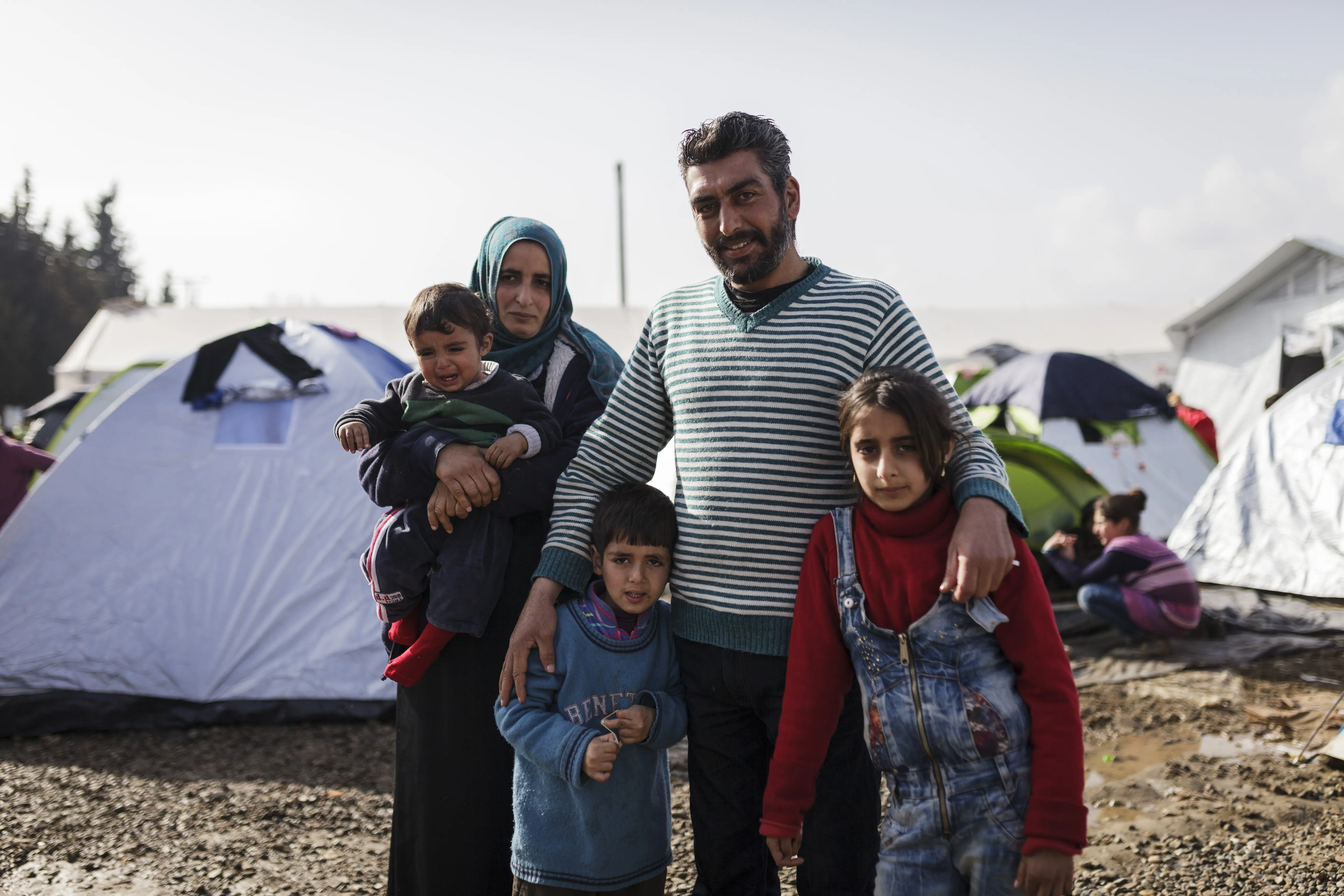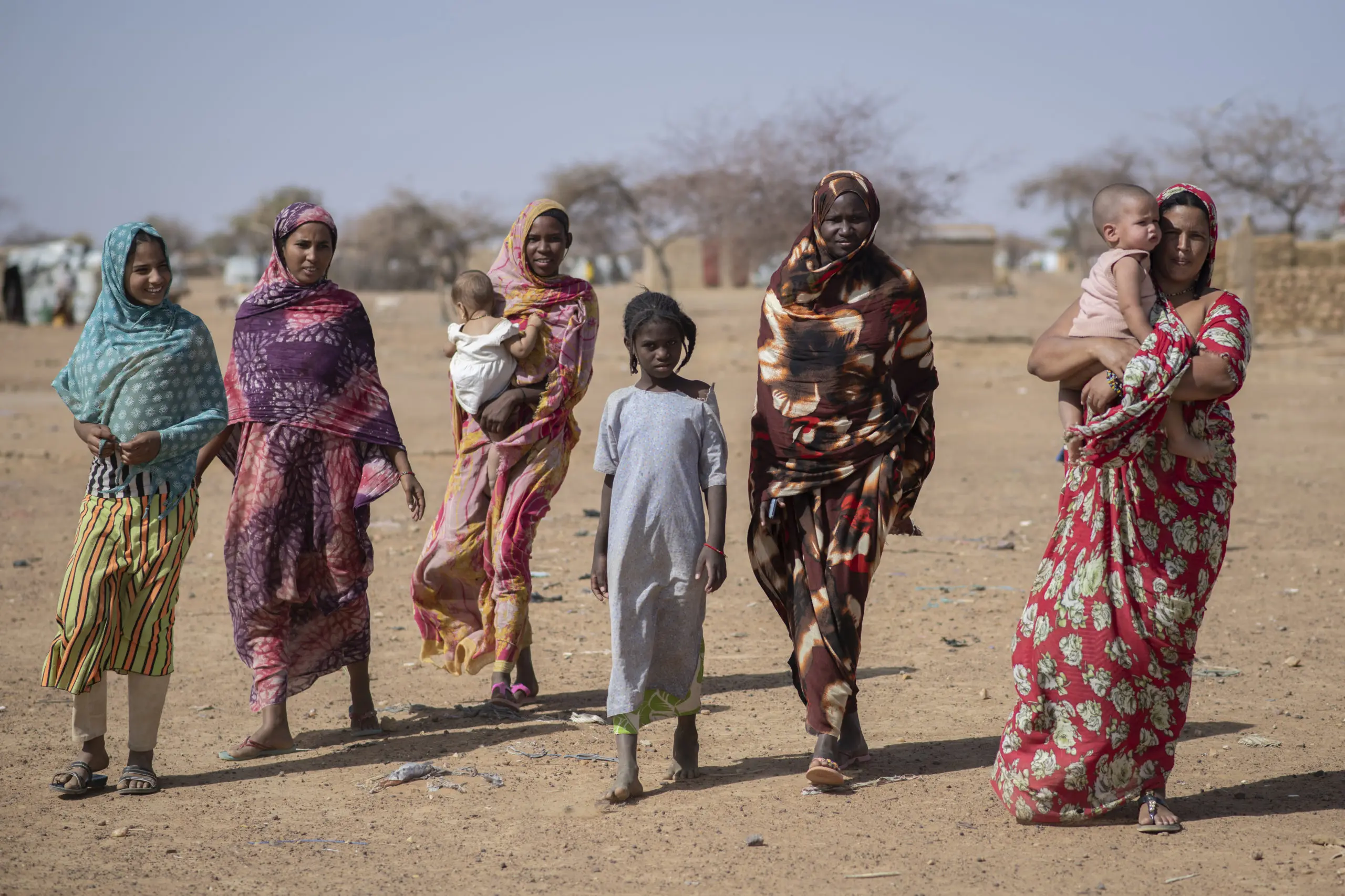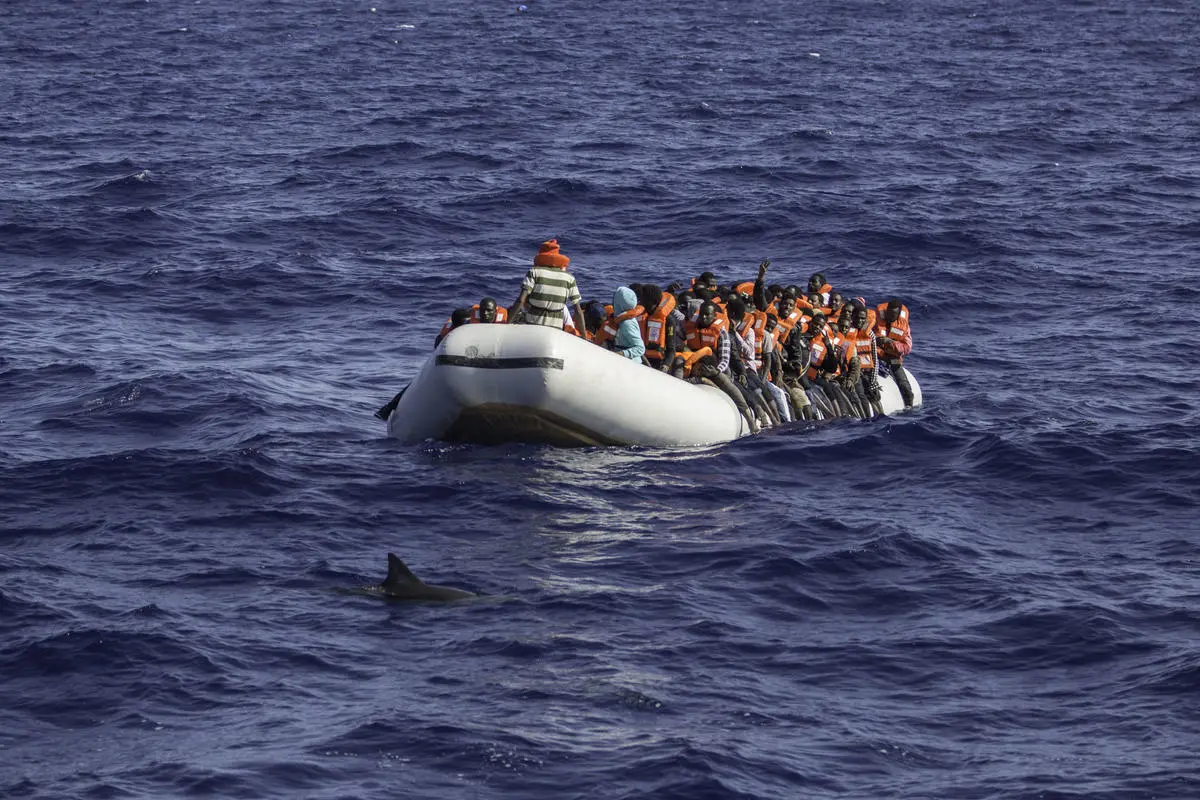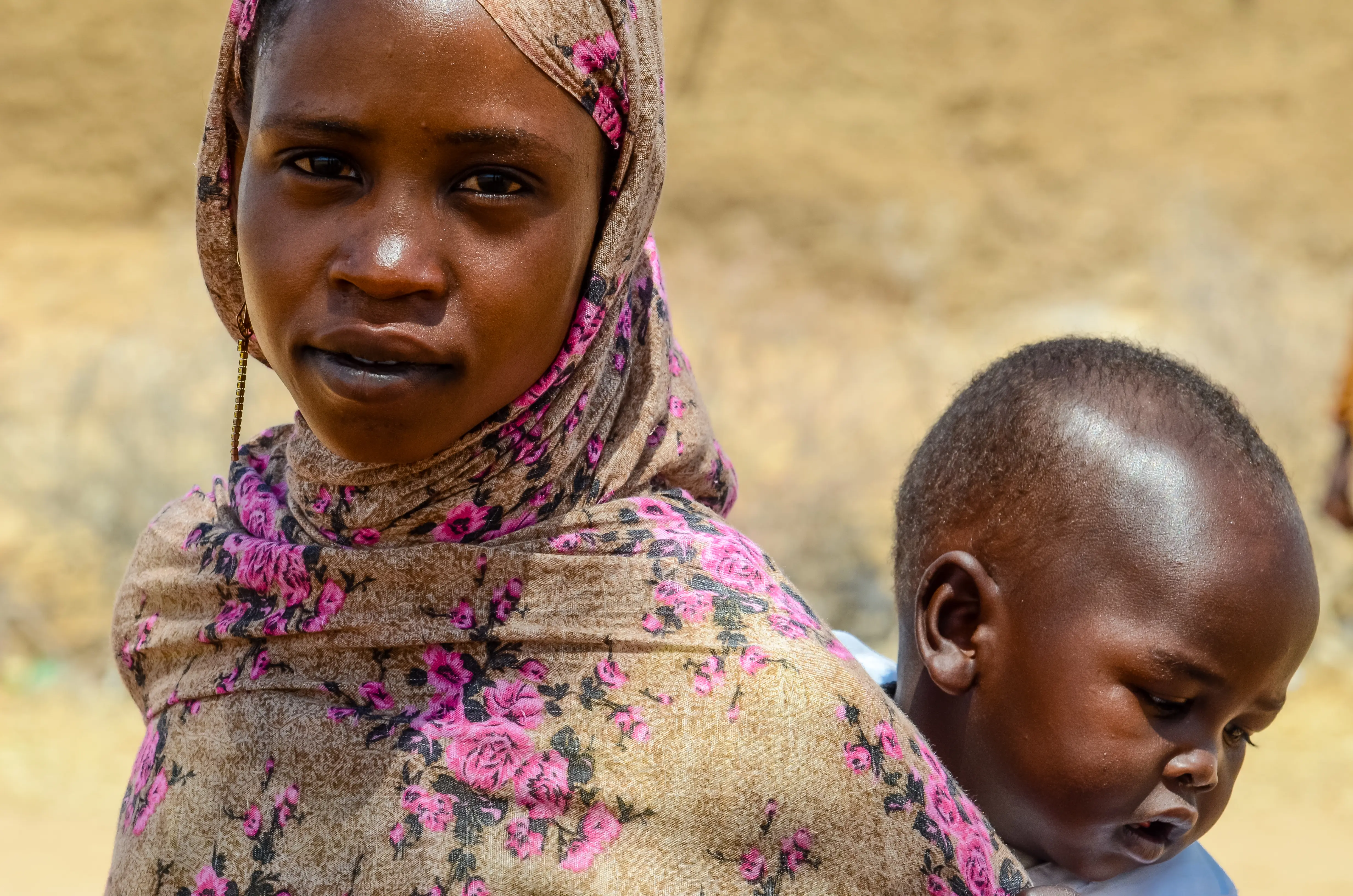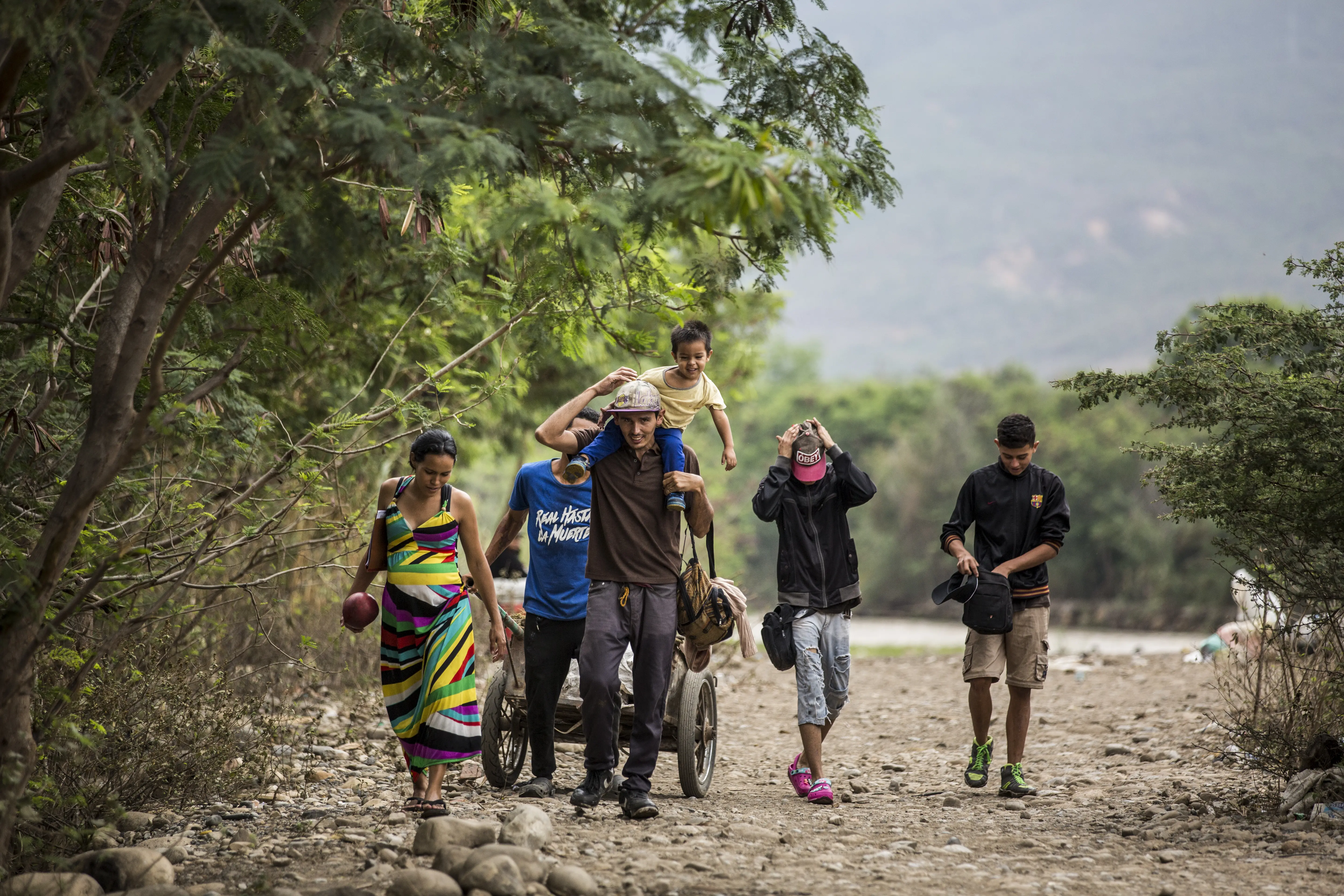Emergencies
When faced with an emergency, UNHCR thinks and acts quickly. If conflict has forced people to flee their homes or persecution or violence has displaced a community overnight, UNHCR is ready to help.
Photo: ©UNHCR/Gordon Welteres
UNHCR assists with global emergencies in 135 countries—across 546 locations. Our staff are based in some of the most isolated, volatile and challenging places in the world—reaching uprooted people most in need with critical humanitarian assistance and emergency disaster relief.
UNHCR provides essential services to refugees all over the world. We release core relief items such as blankets, water and medical supplies within 72 hours for around 600,000 refugees and people affected by conflict in simultaneous emergencies.
In UNHCR’s 2019 Global Trends Report, we see a dangerous new era of displacement. By the end of 2019, 79.5 million people were forcibly displaced as a result of conflict, persecution, violence or human rights violations. By mid-2020, the number rose to 80 million. Because of this, the world’s displaced population is at a record high.
Yemen
Yemen is currently the world’s worst humanitarian crisis—with 80% of the population in need of humanitarian assistance. Increased violence is resulting in widespread casualties and massive displacement.
Rohingya Crisis
Over 900,000 Rohingya refugees have been forced to escape violence in Myanmar by fleeing to Bangladesh – walking for days through jungles and mountains or braving dangerous sea voyages.
Syria
Over 5.6 million people have fled Syria since 2011, seeking safety in Lebanon, Turkey, Jordan and beyond. Millions more are displaced inside Syria as war continues.
Central African Republic
With armed groups controlling parts of the country, over 1 million Central African Republic (CAR) refugees have fled their homes in desperation, seeking safety.
Central America
For those living in the North of Central America (NCA), everyday life unfolds in the shadow of constant fear. Worsening crime and violence, fuelled by drug cartels and gangs, accounts for much of the increase, along with fragile institutions, and increasing inequalities.
Iraq
Since the beginning of 2014, more than 3 million Iraqis have been displaced from their homes. Those returning to their areas of origin are facing a number of critical protection issues, living in fear and trapped in regions controlled by violent extremists.
Sahel
The central Sahel region is facing a severe humanitarian and protection crisis. Massive displacement, most of it driven by violence perpetrated by a range of armed actors, is taking place across the region.
Libya
Hundreds of thousands of refugees and asylum seekers, including young children, have traveled to Libya to reach Europe, trying to find a safe place to call home after fleeing devastating violence, persecution and conflict at home.
South Sudan
Since December 2013, brutal conflict in South Sudan has claimed thousands of lives and driven nearly 4 million people from their homes.
Venezuela
Over 5 million Venezuelans are now seeking protection in neighbouring countries, as families continue to flee their homes due to violence, insecurity, and lack of food, medicine and essential services.
When a crisis strikes, UNHCR is on the ground saving lives within 72 hours.
UNHCR is often the first to arrive and the last to leave in an emergency, supporting those forced to flee their homes through no fault of their own. In the aftermath of a crisis, UNHCR remains on the ground to help revive devastated communities and help displaced families return, recover and restart their lives.
UNHCR is with refugees at every stage of their journey—whenever and wherever needed. We set up refugee camps around the world, providing food aid, shelter and other basic living necessities.
Donate Today
Please help refugee families in need.



